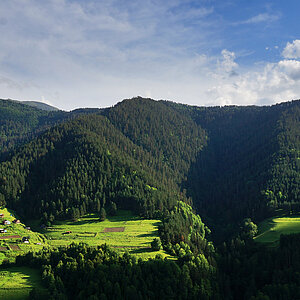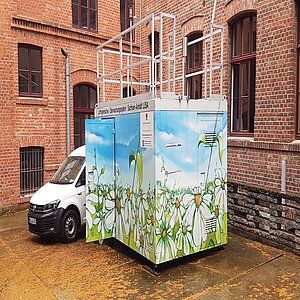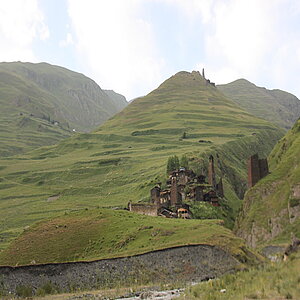Mongolia: Taking Climate Action seriously
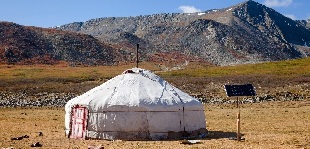
Mongolia remains committed to national climate targets by revising and updating its intended Nationally Determined Contributions.
Global warming can only be kept within the limits of well below 2°C by the end of the century as agreed upon by Parties in the Paris Agreement of 2015, if all governments across the world continue to be fully committed to ambitious national and cross-sectoral climate targets. With the global current policy trends, it is expected that annual average temperatures will increase by 2-3°C already by 2050.
Mongolia faces severe risks due to climate change including rapid desertification, water scarcity, changing precipitation patterns, seasonal intensification of extreme weather events, increase the melting of permafrost areas and negatively impact human health. Mongolia has comparably high per capita greenhouse gas emissions, amongst other factors, especially due to above average per-capita energy-intensity, with abundant reserves of domestic coal supplying over 90 per cent of primary energy demand and heat. Due to the extremely harsh climate conditions with average outdoor temperatures of -6°C between September and April and of -20°C between November and January, heating for the buildings sector makes up for about 40 per cent of the total heating demand. This is projected to increase by about 70 per cent in comparison to 2010 by 2030.
In its intended Nationally Determined Contributions (iNDC) of 2015, Mongolia pledged an economy-wide reduction of greenhouse gas (GHG) emissions of 14 per cent below a business-as-usual (BAU) scenario by 2030, using 2010 levels as the base year and excluding emissions from land use, land use change and forestry (LULUCF). In 2019, the Mongolian government established national and sectoral coordination structures including a National NDC Working Group to oversee and coordinate NDC-related processes in the country.
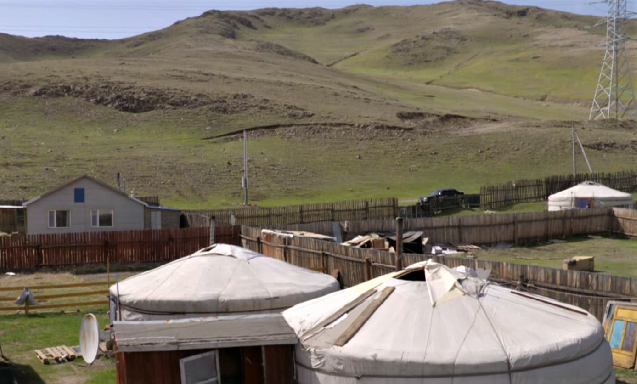
For the first time, sectoral dialogues were established to ensure that line ministries and relevant institutions are gathering regularly with the aim to integrate climate change planning within their respective sectors. Each ministry and the respective sectoral NDC focal points became integral part of the NDC elaboration process in reviewing all climate-relevant policies and evaluating their mitigation relevance as sectoral inputs for the updated NDCs. This provides a crucial basis for well-informed planning and decision-making, integrated sectoral planning of climate mitigation and, eventually, assessing options for increased climate mitigation ambition.
The support to NDC revision process successfully mobilized joint climate action of national and international partners. Besides the successful involvement of the relevant institutional structures, the Global Green Growth Institute (GGGI), the Asia Foundation and a bilateral project implemented by the Deutsche Gesellschaft für Internationale Zusammenarbeit (GIZ) GmbH on Energy Efficiency joined efforts to provide sectoral analytical support to the Government of Mongolia. While GIZ and NewClimate Institute focused on the electricity and heating supply sector, GGGI took over responsibility for the work in the agricultural and IPPC sectors, the Asia Foundation on the waste sector and a bilateral GIZ project on Energy Efficiency supported the sectoral work in the construction and buildings sector. In the frame of CDCPIII, GIZ and NewClimate Institute offered technical backstopping throughout the process to the international organisations involved. Normal 0 21 false false false DE ZH-CN AR-SA /* Style Definitions */ table.
The link has been copied to the clipboard
Contact
IKI Office
Zukunft – Umwelt – Gesellschaft (ZUG) gGmbH
Stresemannstraße 69-71
10963 Berlin
Related Publications
-
 04/ 2024 | IKI Factsheet
04/ 2024 | IKI FactsheetPathways towards Decarbonization of the Transport Sector in Moldova
English (PDF, 499 KB)




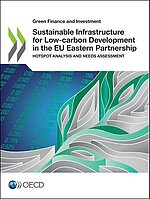
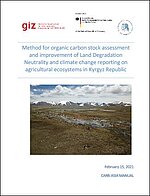
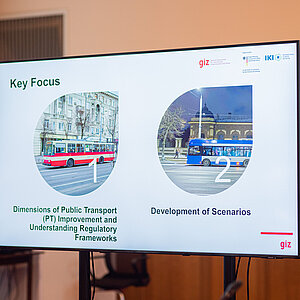
![[Translate to English:]](/fileadmin/_processed_/1/9/csm_20231120_eroeffnung_klimabuero_GIZ_Gate_Agency_443014c5e2.jpg)
